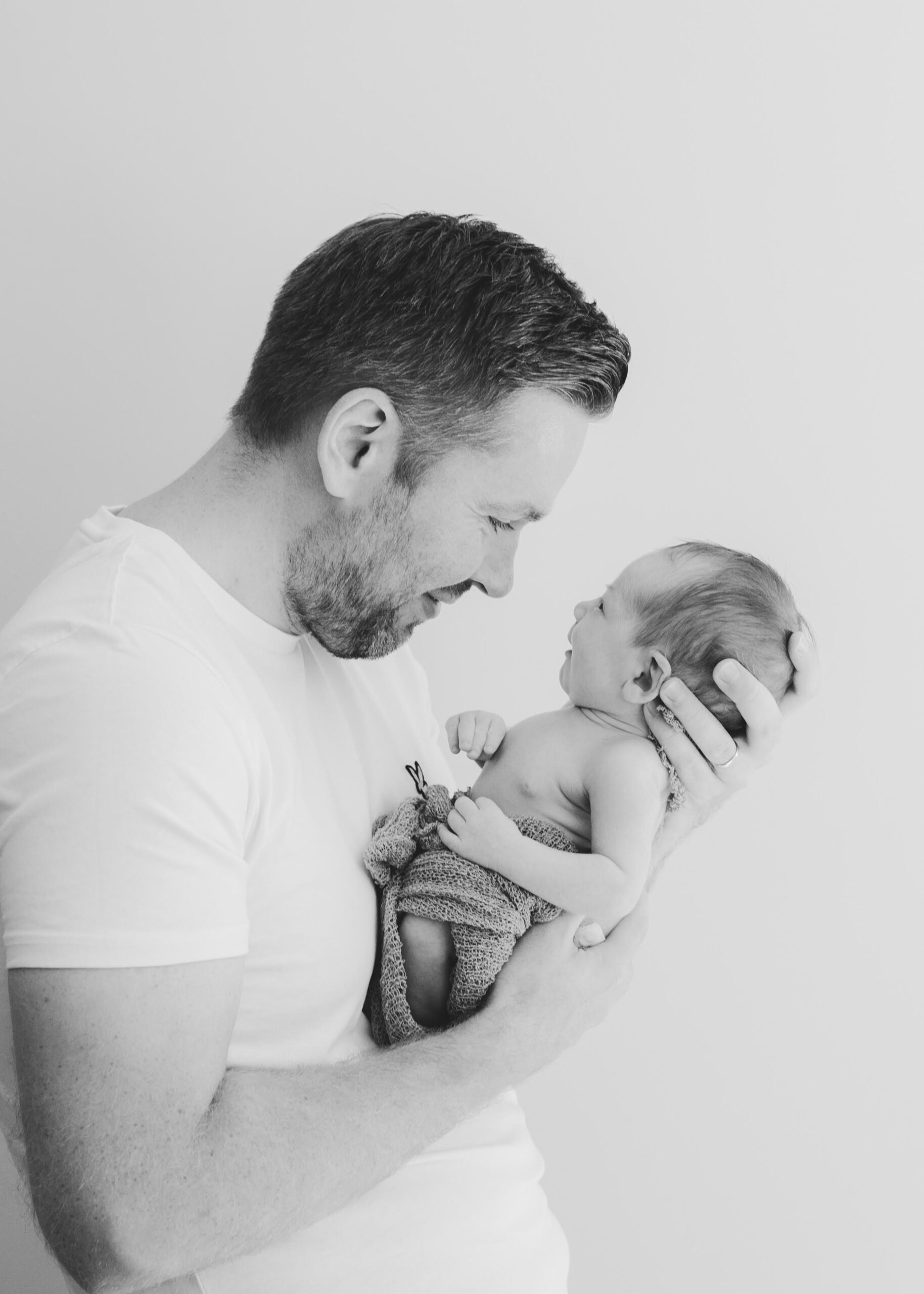
Embracing Grief in the Surrogacy Community
Baby Loss Awareness Week in the UK is from October 9th to 15th, 2024. As a united community, we acknowledge the profound and unique grief that comes with baby and fertility loss. Baby and fertility loss, whether through miscarriage, stillbirth, neonatal death or because of challenges with or an inability to conceive, can be devastating for parents, intended parents and surrogates alike. In a space so often filled with hope and anticipation, the loss of a baby or pregnancy can be particularly isolating and heartbreaking. During this week of reflection, we invite everyone in the surrogacy community to honour the pain of those who have experienced loss, and to think deeply about how we can better support each other through these unimaginable challenges.
Grief is a Unique Journey for Each Individual
Grief, as many will attest, is a deeply personal experience. While some may express their emotions openly, others may struggle to articulate their feelings, carrying their pain internally. One of the most important things to understand is that grief is not a linear process, nor is it a “one-size-fits-all” experience. The only loss that matters is the one that you are going through. In the surrogacy community, where intended parents and surrogates often form deep emotional bonds, this loss can feel especially complicated, as both parties navigate their own unique grief alongside each other.
For some, the grief that comes with baby and fertility loss may be intense and overwhelming. It can linger for months or even years, resurfacing unexpectedly in moments of everyday life. For others, the grief may come in waves—sometimes manageable, sometimes overpowering. In surrogacy, this emotional complexity is compounded as both the intended parents and the surrogate may feel different forms of loss. The intended parents may mourn not just the child, but also the years of fertility struggles that led to this point, while the surrogate may experience the loss of a child she was emotionally and physically connected to, but who was never hers to keep. The intersection of these experiences requires compassion, patience, and an acknowledgment that grief manifests in different ways.
“At Least You Have…” and Other Unhelpful Responses
One of the greatest challenges people face after a loss is the way others, often unintentionally, respond to their grief. Society has a tendency to shy away from prolonged grief, often pushing individuals to “move on” or “get over it.” For those who have experienced baby and fertility loss, these well-meaning but dismissive comments can be deeply hurtful. Phrases like, “At least you have other children,” or “At least you can try again,” undermine the significance of the loss. Every loss, every child, every pregnancy is unique and irreplaceable. These attempts to offer comfort often only magnify the isolation that bereaved parents and surrogates feel, as they are subtly told that their grief is invalid or excessive.
It is critical to understand that these types of phrases—often beginning with “at least”—can unintentionally downplay the immense pain that accompanies baby loss. Instead of offering solace, they impose a false sense of silver lining that disregards the life lost. In the surrogacy community, these dismissive phrases can take many forms, such as, “At least you can still find another surrogate,” or “At least you have a healthy uterus.” These words, though meant to help, only distance us from the reality of another’s pain. In grief, the most useful way to support is to be with a persons pain, without moving to hide it, fade it or fix it.
Compassionate Support: What to Say and Do
So how do we support those who are grieving in a way that is kind, thoughtful, and validating? The first step is to acknowledge the loss for what it is—a profound and devastating event. Instead of focusing on “fixing” the situation or trying to make things better, simply being present can be the most powerful form of support. Phrases like, “I’m so sorry for your loss,” or “I don’t know what to say, but I’m here for you” can offer immense comfort. Sometimes, it’s not about saying the perfect words, but rather about allowing the grieving person the space to feel their emotions without judgment or rush. Remembering that the child lost is still a being in and of themselves, asking the parents and surrogate if they would like to talk, showing up in the weeks, months and even years after the loss with remembrance and kindness goes a long way to validating the pain of grief.
For those supporting someone who has experienced baby or fertility loss, it’s also important to recognise that their grief may not have a timeline. The pain may not fade in weeks or even months. Be patient and allow them to mourn at their own pace. Don’t expect them to be “back to normal” after a prescribed period of time. Instead, ask how they’re doing, check in regularly, and let them know that it’s okay to still be grieving.
Another powerful way to support those experiencing baby loss is to actively listen. Often, those who are grieving want to talk about their child, to honour their short life and to make their presence real through words. Ask them about their child if they are open to sharing—this can provide a cathartic outlet for the pain they are feeling and offer them a space where their loss is acknowledged. For intended parents in a surrogacy journey, recognising the surrogate’s feelings and pain is equally crucial. Opening space for shared grief can deepen the bond and allow both parties to heal together.
Joining Them in Their Pain
Grief is not something to be avoided or “fixed,” but rather something to be witnessed. Instead of trying to cheer someone up or distract them from their pain, join them in it. Sit with them in their sadness, acknowledge the depth of their loss, and offer your unwavering support. A simple “I’m here, and I’m not going anywhere” can go a long way in comforting someone who feels lost in their grief.
For the surrogacy community, this means creating an environment where both intended parents and surrogates feel safe to share their experiences of loss without fear of judgment or dismissal. Whether it is a miscarriage early in the process or a stillbirth at full term, baby loss is devastating, and the grief that follows is valid. We strive to foster a community where these difficult conversations can happen openly, and where everyone’s pain is honoured and acknowledged.
It is a joint privilege of mine, Kay Read, to be both a member of the team and a qualified Grief Coach and Educator, specialising in baby and fertility loss. I provide coaching programmes and support that have proven to ease the integration of grief into life moving forward. I also authored the book ‘Why Baby Loss Matters’ published by Pinter and Martin and available in most book stores.
For anybody looking to seek support you can reach me at www.birthandloss.com
Creating a Culture of Compassion
As we observe Baby Loss Awareness Week, let us come together as a surrogacy community to honour the memories of the babies we’ve lost and support those who are grieving. Let us move away from minimising their pain and instead offer empathy, understanding, and patience. Grief is a unique and personal journey, and the only loss that matters is the one you are experiencing. By creating a culture of compassion, where every loss is validated and every person’s grief is respected, we can ensure that no one walks this journey alone.




